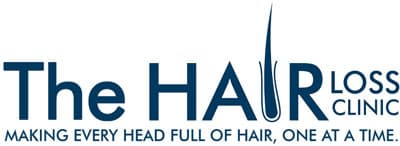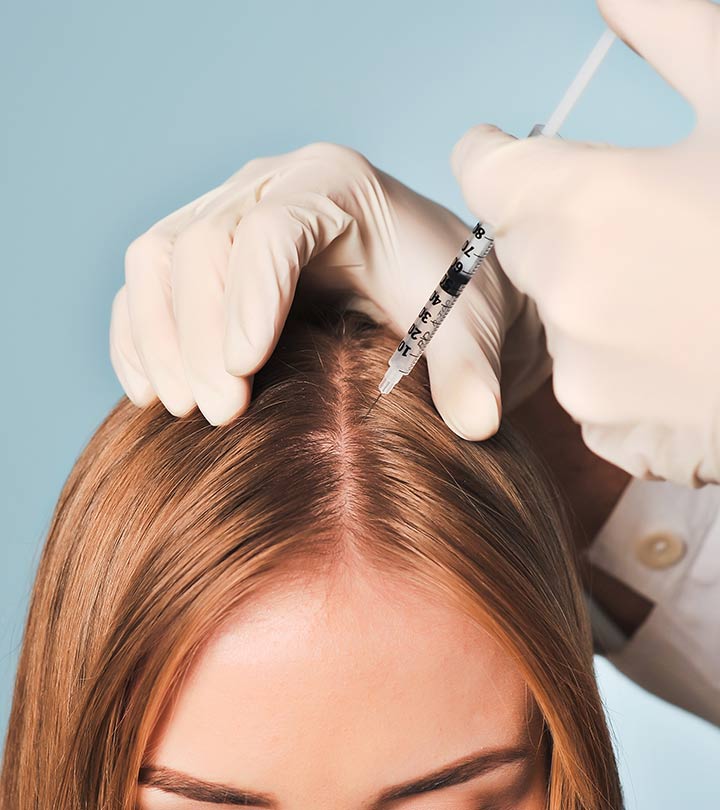Many commonly prescribed prescription drugs can cause temporary hair loss, trigger the onset of male and female pattern baldness, and even cause permanent hair loss. Note that the drugs listed here do not include those used in chemotherapy and radiation for cancer treatment.
Your doctor may not mention hair loss as a side effect of some drugs, so don’t forget to do your own research and read the drug manufacturer’s complete warnings. Your pharmacist can provide you with this information even before you fill a prescription.
Recommended Related to Hair Loss
Like good health and youth, most of us take a thick head of hair for granted — that is, until it is gone. For many people, hair transplant procedures can help bring back the appearance of a full — or, at least, fuller — head of hair.
Many pill and medication guidebooks (sold in bookstores and pharmacies) are also excellent sources of complete information about prescription drugs. If your doctor prescribes any of the following drugs, ask if one that does not have hair loss as a possible side effect can be substituted.
The drugs are listed by category, according to the conditions they treat, then by brand name first followed by the drug’s generic name in parentheses. In some categories, individual drugs are not listed. For these conditions, you will want to discuss the possibility of hair loss as a side effect of using any of the drugs that treat that particular condition, since many do contribute to hair loss.
Acne
All drugs derived from vitamin A as treatments for acne or other conditions, including:
Accutane (isotretinoin).
Blood
Anticoagulants (blood thinners), including:
Panwarfin (warfarin sodium)
- Sofarin (warfarin sodium)
Coumadin (warfarin sodium)
Heparin injections
Cholesterol
Cholesterol lowering drugs, including:
Atromid-S (clofibrate)
Lopid (gemfibrozil)
Convulsions/Epilepsy
Anticonvulsants
Depression
Antidepression drugs, including:
- Anafranil (clomipramine)
- Elavil (amitriptyline)
- Norpramin (desipramine)
- Pamelor (nortriptyline)
- Paxil (paroxetine)
- Prozac (fluoxetine)
- Sinequan (doxepin)
- Surmontil (trimipramine)
- Tofranil (imipramine)
- Vivactil (protriptyline)
- Zoloft (sertraline)
Diet/Weight Loss
- Amphetamines
Fungus
- Antifungals
Glaucoma
Beta-blocker drugs, including:
- Timoptic Eye Drops (timolol)
- Timoptic Ocudose (timolol)
- Timoptic XE (timolol)
Gout
- Zyloprim (allopurinol)
Heart/High Blood Pressure
Many drugs prescribed for the heart, including the beta-blockers, which are also used to treat high blood pressure, and include:
- Tenormin (atenolol)
- Lopressor (metoprolol)
- Corgard (nadolol)
- Inderal and Inderal LA (propanolol)
- Blocadren (timolol)
Hormonal Conditions
All hormone-containing drugs and drugs prescribed for hormone-related, reproductive, male-specific, and female-specific conditions and situations have the potential to cause hair loss, including:
- Birth control pills
- Hormone-replacement therapy (HRT) for women (estrogen or progesterone)
- Male androgenic hormones and all forms of testosterone
- Anabolic steroids
- Prednisone and other steroids
Inflammation
Many anti-inflammatory drugs, including those prescribed for localized pain, swelling, and injury.
- Arthritis drugs
- Nonsteroidal anti-inflammatory drugs including:
- Naprosyn (naproxen)
- Anaprox (naproxen)
- Anaprox DS (naproxen)
- Indocin (indomethacin)
- Indocin SR (indomethacin)
- Clinoril (sulindac)
Anti-inflammatories that are also used as a chemotherapy drug:
- Methotrexate (MTX)
- Rheumatrex (methotrexate)
Parkinson’s Disease
- Levadopa/L-dopa (Dopar, Laradopa)
Thyroid disorders
- Many of the drugs used to treat the thyroid; ask your doctor.
Ulcer
Many of the drugs used to treat indigestion, stomach difficulties, and ulcers, including over-the-counter dosages and prescription dosages.
- Tagamet (cimetidine)
- Zantac (ranitidine)
- Pepcid (famotidine)
If you are experiencing the devastating effects of hair loss and would like to learn about the latest treatment options that are available to you, please call us at (703) 914-4247 today.





